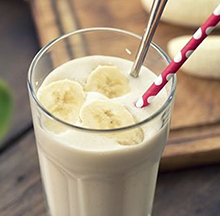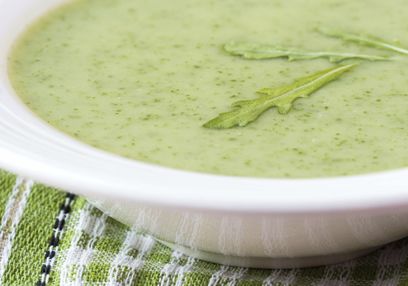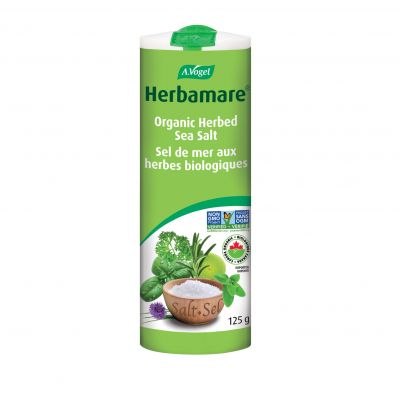What is the prostate gland?
Every individual born as a biologic male has a gland shaped like a walnut located above the perineum. Running through the centre of the gland is the urethra responsible for carrying urine out of the body. The prostate gland is responsible for producing and secreting fluid that nourishes the sperm and provides them with additional protection.
What is the difference between an enlarged prostate and prostatitis?
Understanding the difference requires looking at the suffix of the word prostatitis, -it is. This word comes from the ancient Greek root -ῖτις referring to disease characterized by inflammation. The beginning of words ending in it is denote the location of the inflammation. In this case, prostatitis precedes -it is indicating the pathology is in the prostate gland.
Prostatitis is associated with bacterial infections and sees the cells of the prostate become inflamed, causing them to swell and press against the urethra leading to similar symptoms as those experienced with an enlarged prostate. An enlarged prostate is slightly different as instead of swelling, the actual prostate cells experience an increase in their reproduction rate leading to more cells being created. This is a process referred to as hyperplasia which results in an enlargement of the tissue and subsequent pressure applied to the urethra.
What are the risk factors of each of these conditions?
As prostatitis is most commonly associated with bacterial infections, one of the major risk factors is whether you have experienced a previous infection. Another demographic to look towards is the age of the individual and helps to significantly differentiate the two as an enlarged prostate tends to be more common in men 50 and older, while prostatitis is more common in those 50 and under.
An easy, though unofficial rule of thumb is that at age 50, the risk of prostate enlargement is 50% and increases by 10% for every decade you gain. This goes to show how prevalent the condition is in aging men, but another trait to consider is ethnicity as African American males tend to experience the condition years earlier than Caucasians.
Other infections that have traveled through the urethra, potentially a bladder or kidney infection, have the risk of infecting the prostate tissue as the infected fluid passes through the gland. There is also a moderate genetic predisposition to prostatic enlargement.
What symptoms might one experience with the aforementioned prostate conditions?
Both conditions are associated with pain upon urination, but prostatitis may also be associated with pain on ejaculation or general abdominal pain. Remember that prostatitis is typically bacterial in nature, so the average signs of an infection usually accompany the condition. These could include fever, pus-like discharge from the urethra orf chills.
An enlarged prostate won't be accompanied by these signs or symptoms, but more likely by a frequent need to urinate, especially at night. The power of the urinary stream is typically reduced and if enlarged enough, the individual may not be able to urinate at all.
Are there dietary changes I can make to reduce my risk of developing prostate conditions?
The literature shows an association between high-protein diets, although most of these are from animal proteins as opposed to plant-based proteins. Other foods such as tomatoes are rich in a compound known as lycopene which is an antioxidant that tends to concentrate in the prostatic tissue. A lycopene rich diet tends to slow the enlargement of the prostate over the years and a systematic review of the literature demonstrated its ability to reduce the risk of prostate cancer.
It's also of benefit to eliminate foods such as caffeine, alcohol and spicy meals for a period of time. One 12-week human trial published in Infectious Diseases in Clinical Practice showed that simply altering the diet to reflect these recommendations can improve signs and symptoms of prostatitis in an astounding 87% of men! The power of dietary interventions as medicine was truly highlighted in this trial.
Are there any early remedies to help ease my symptoms?
If you're diagnosed with BPH and see your medical doctor, you will most likely be prescribed a medication known as finasteride or dutasteride, medications in the family of 5-alpha-reductase (5α-R) inhibitors. This enzyme is responsible for converting testosterone to a more potent form known as dihydrotestosterone (DHT).
DHT, through a mechanism not fully understood yet, influences the enlargement of the prostate tissue, and researchers have shown that men who do not produce DHT do not develop BPH. Interestingly enough, an extract from the berries of saw palmetto (Serenoa repens) have been shown to produce the same results as the medications, acting as a 5α-R inhibitor.
In human studies, the extract has been shown to reduce inflammation associated with BPH and improve urinary symptoms such as frequency, urgency, and hesitancy. The reduction in inflammation could be related to the antioxidants contained in the berry – epicatechin and methyl gallate – which also have antiproliferative effects on prostate cells in vitro.
Products such as Prostate 1 contain the berry extract, and at one capsule a day, are an easy addition to your morning routine.
References:
https://academic.oup.com/jn/article/133/11/3356/4817958
https://journals.lww.com/infectdis/fulltext/2002/03000/a_dietary_cure_for_prostatitis_and_the_urethral.2.aspx
https://www.ncbi.nlm.nih.gov/pmc/articles/PMC2532544/
https://www.ncbi.nlm.nih.gov/pmc/articles/PMC3989819/
https://www.ncbi.nlm.nih.gov/pmc/articles/PMC4616444/
https://www.niddk.nih.gov/health-information/urologic-diseases/prostate-problems/prostate-enlargement-benign-prostatic-hyperplasia







